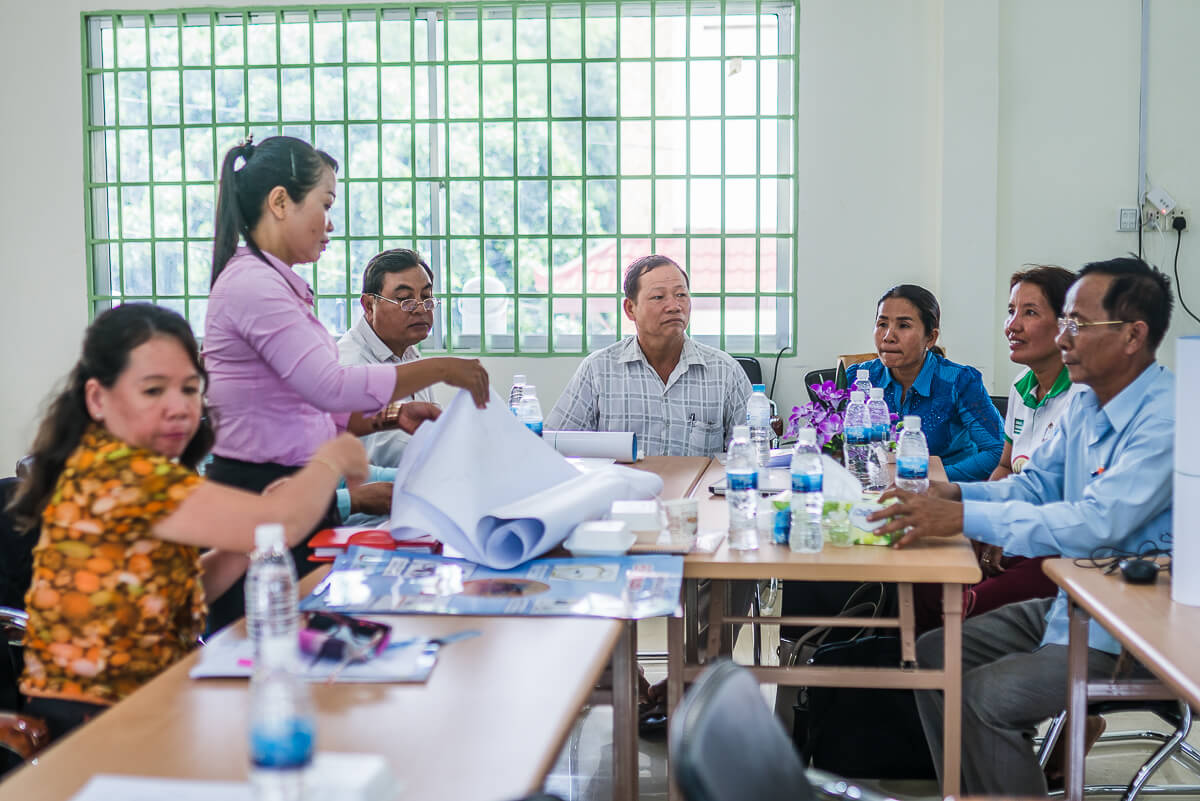Research Uptake

Research uptake objectives
This research is critical for understanding how to best implement vector control programmes to reduce Aedes mosquito-transmitted diseases, such as dengue. Bottom-up Communication for Behavioural Impact (COMBI) planning processes and participatory mapping activities offer a great opportunity to roll out guppy fish vector controls as a low-cost, year-round way to reduce the disease burden of dengue. This information produced, shared and owned by participating community members will help to direct future interventions that allow community members to manage local guppy breeding and distribution and decentralized surveillance, including interventions that are integrated into school health curricula.
At the local level, research uptake is important for engaging with the communities as active partners, to increase guppy uptake and sustainability and to ensure political support and sufficient resources. It is also crucial to ensuring that health education is regularly resourced in innovative ways and that lessons on prevention result in concrete action.
Key audiences
Community members
Professional Khmer (Cambodian) stakeholders
Organisations and researchers planning to implement community-based dengue vector control interventions
Cambodian Ministry of Education
Cambodian Ministry of Health
Vector Control of Advisory Group
Sustainability plan
As shown in the sociological component page, the involvement of key audiences is essential to this research study. This has involved collaborating, and holding training sessions, with teachers, school directors, students, local community members, and the School Health Department and Ministry of Education. Sustainability has been built into this project from the initial conceptual stage, and will involve the following:
- The health authority, operational health district and health centres will take over the responsibilities of health education on dengue prevention through their community health workers and village health support groups during community outreach activities;
- Schools will provide health education sessions, including dengue prevention, to their students as a routine part of the school curriculum;
- Local authorities with mandate for hygiene and sanitation as well as waste management and clean environment will gradually take on managing the solid waste management in communities that are close to urban areas.
What are the challenges to sustaining a collaborative approach?
“it’s finding the best recipe to engage people and create their willingness to remain involved and feel like they need to contribute something, to become actors.” – Dr Pierre Echaubard, Co-PI SESR-based strategies in Cambodia

